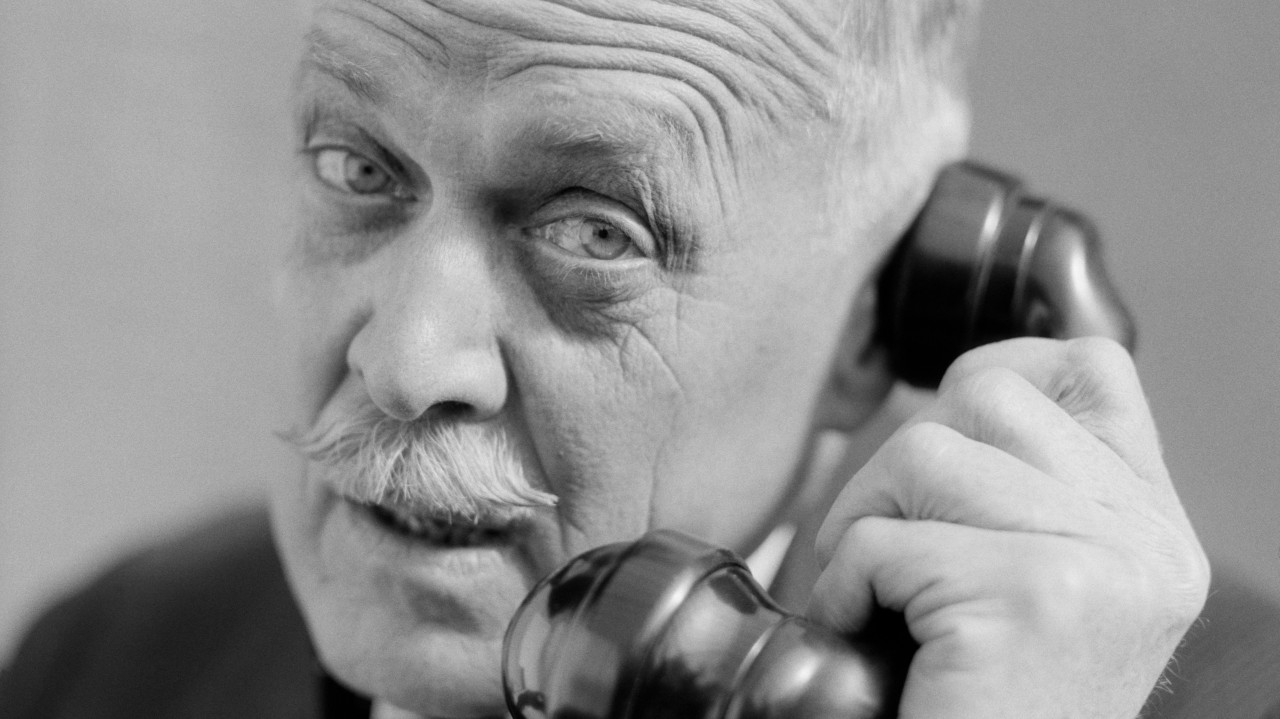In selling an intangible such as a financial product, idea or concept, or even financial planning, saving for retirement or college, what are the people really buying? The return? The deck? The glossy pamphlets? We all know the answer: They are not buying any of the accouterments; they are buying you. You are the product that they are buying. I think there is even a book titled that way. The product is you. If we really looked at that product called you, what are the core elements of that purchase? For simplicity’s sake, I am going to break it down into two components: likability and trust. I will even go farther out on a limb and say all purchases are rooted in those two qualities. If you take on a lifelong study of how to accelerate those two qualities, it will greatly serve you.
If the currency of the business is truly likability and trust and the law of unequal distribution applies to all things, which one are you more natural at building or what is your entry advantage? Are you better at building trust or likability? Both are important, but which one is better for you? Is credibility different from trust or is it a synonym of trust. Personally, I think it’s a flavor of trust. The definition of credibility is defined as the quality of being believable or worthy of trust. I think my own natural strength is building trust. Wrote the book called The Journey, The Evolution of a Financial Advisor, write a weekly column, speak at conferences, and of course, referrals and introductions. And I am committed to being on time and to honor my word.
How well can you work a room? Do you like meeting strangers? Do you like throwing parties, going to new places? Is it easy to have a conversation with you? Do you suffer fools well? If so, you may have a penchant for likability. It’s easy for people to like you, and you like people. So if you have a slight edge, exploit it. Go to the parties, the cocktail events, the gatherings where the right kinds of people are and connect with them. The inquiry is how can you create more opportunities for the right kinds of people to like you?
Now, if on the flip side, you are better at getting people to trust you (for example, you do not suffer fools well, nor do you like small talk; parties are fun but somewhat stressful, and you would prefer to avoid networking events), then we need to emphasize the trust/credibility angle. Here are ways I believe you build trust/credibility: speak in front of the room, write, get published in the paper, get on TV, associate and be seen with the right kinds of people, really work referrals and introductions. Position and publicize yourself as an expert in a particular arena. Work and emphasize your personal brand.
It’s a refinement of your process. I was speaking with a coaching prospect the other day, and he mentioned that his perceived weakness was in networking and he did not like to work a room or go to events with strangers. So SuperCoach says with profundity: “Stop doing that! If that does not work for you, it does not work for you!” I’m no genius, but what happens when we do not have a coach is that we can get lost in our own heads. I then asked him what he likes to do. He said he likes to teach and educate and create videos that help people understand what he does. “Perfect!” I said. His strength would be in building trust. His anvil project would be posting at least one video a week and figuring out how to get people to watch it and then conducting seminars in the basement of the library! (LOL, inside joke for our Getting Results clients.)
Ask yourself: of the two traits of primal selling and the currency of business — likability and trust — which one are you better at? Once you decide which one it is, ask yourself how you can refine it and make it better? Too many people look at their weaknesses and seek to make those better instead of taking their strengths to the next level. When we work on our weakness, that rounds us out and makes us a good solid C student otherwise known as mediocre instead of becoming extraordinary, and last time I checked, it was not the mediocre people who changed the world.
Want to learn more? Check out my book at Amazon: The Journey, The Evolution of a Financial Advisor.









